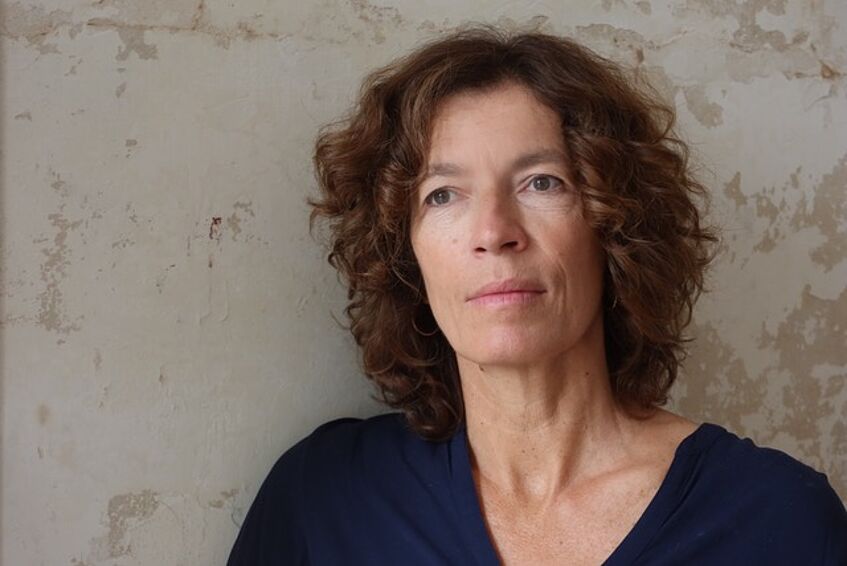Undead and Unpast
The Assault of Virtual Reality on the Past

Portrait by Irmeli Jung, (c) Anne Weber
Vienna Public History Lecture IV (2025)
Anne Weber
Friday, 31 October 2025, 18h
Main Ceremonial Hall at Vienna University
This will be followed by an apéro for all participants, providing an opportunity for conversation.
Welcome Address: Thomas Wallnig (Vice Dean)
Introduction: Marko Demantowsky
About the Lecture
Our relationship with death and the past is about to fundamentally change. Until now, the dead live on in our imagination and in our dreams. We could make a mental image of famous dead from past times with the help of history books, historical novels and portraits. The past was two-fold to us: On the one hand a strange world that stayed inaccessible to us, but if we tried, we could come to know some things about it. On the other hand, it could – if only with a lot of previously acquired knowledge – be summoned and brought to life with our imagination.
But how do we see the past today and how will we view it in the future?
In a virtual reality, a woman speaks to her recently passed grandmother via a videocall; a young man born in 2002 bravely holds his own in the trenches of the First World War, another talks to Napoleon and asks him what he thinks of the present-day politicians. The past as well as the dead are expected to be retrievable at all times, to be assimilated into our present, to be our augmented present , our all-possessing “present time”. Behind these more and more perfect mirages lie not only mercantile interests, but also efforts to deny, even to abolish death or the past. Isn’t there a totalitarian notion inherent to those efforts?
The past that is reflected in literature is an imaginary one that takes different shapes in front of every mind’s eye. It keeps a blurriness that is caused by the few indicators of the opening with of the scope of imagination. Reliving historical events via immersion on the other hand is pure illusion, an inescapable homogenous reality, a straitjacket of entertainment.
Current Literature References
- Neumann, Andreas, und Jörg von Bilavsky, Hrsg. Geschichte vor Ort und im virtuellen Raum: Einblicke in die Arbeit an der Gedenkstätte Berlin-Hohenschönhausen. 1. Auflage 2022. ars digitalis. Wiesbaden: Springer Fachmedien Wiesbaden, 2022.
- Boswell, Matthew, und Antony Rowland. Virtual Holocaust Memory. 1. Aufl. New York: Oxford University Press, 2023.
- Kuchler, Christian, und Kristopher Muckel, Hrsg. Virtual Reality: Zukunft der historischen Bildung? 1. Auflage. Historische Bildung und Public History 3. Göttingen: Wallstein Verlag, 2025.

About the Author
Parisian Anne Weber lives literarily in two languages and cultures, French and German. Her works span many genres: translations, novels, reportage, radio plays, epics, essays. She has been honored with numerous awards, including the Europäischen Übersetzerpreis [European Translation Prize] (2008), the Deutschen Buchpreis [German Book Prize] (2020), and the Preis der Leipziger Buchmesse [Leipzig Book Fair Prize] (2022), to name but a few.
Most recently published by her: Bannmeilen. Ein Roman in Streifzügen. Matthes & Seitz, Berlin 2024.

